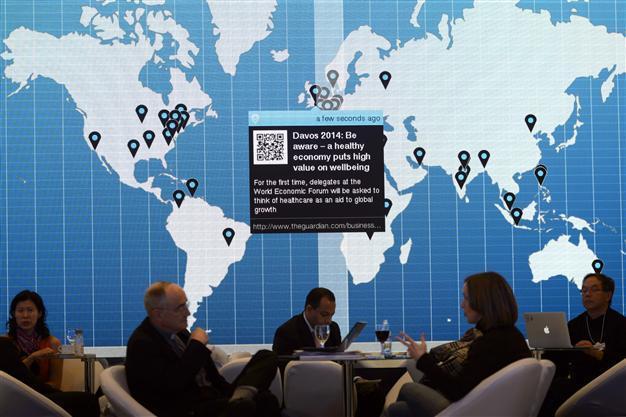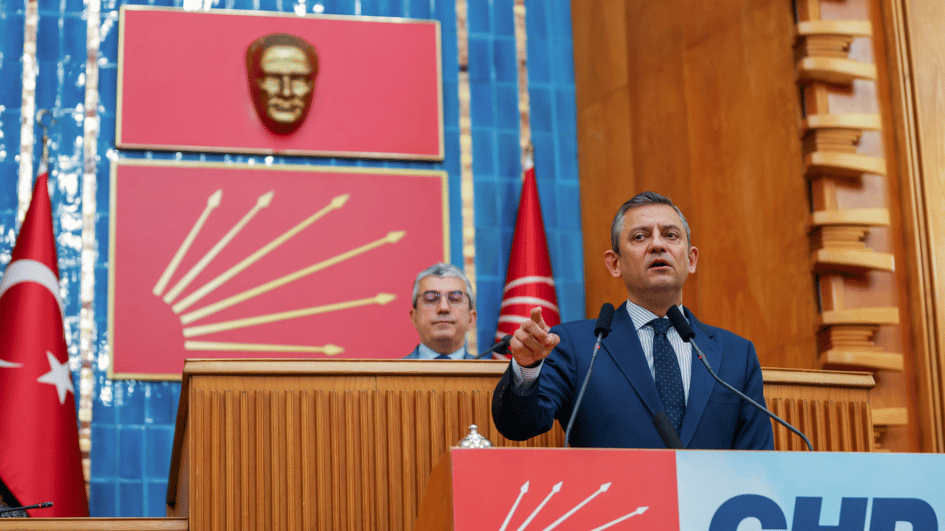Turkey second worst performer of Europe, Central Asia in human capital index
ISTANBUL

AP Photo
Turkey has regressed eight places in the latest Human Capital Index of the World Economic Forum (WEF). It now ranks 68 out of 124 countries and is the second worst in Europe, after Moldova, and Central Asia.Among countries in Europe and Central Asia, Turkey and Moldova, 71, hold the last spots in the region, according to the WEF’s 2015 Human Capital Report.
“The bottom-ranked countries in the region are Moldova and Turkey, which exhibits a low labor force participation rate for its 25–54 prime working age group, despite strong tertiary and vocational enrolment rate among its 15–24 age group,” said the report.
Finland, Norway and Switzerland are the best performing countries of the region and overall, while Canada, Japan and Sweden rank next best on the index.
“Finland benefits from a well-educated young population with the second best basic education survival rate and the highest score for the quality of primary schools. Its 25–54 age group core working population shows the highest tertiary educational attainment rate in the Europe and Central Asia region but also second best overall in the world,” said the report.
Turkey ranked 61 in terms of human capital development below the age of 15, while it ranked 50 for 15-24 age group, and 77 for its 25-54 age group. Turkey also ranked 78 for its 55-64 age group and 70 in the category of those over 65.
With its per capita income at around $10,000 a year, Turkey is among the upper-middle income group on the index, which comprises countries with a gross domestic product per capita between $4,126 and $12,745.
Talent, not capital, will be the key factor linking innovation, competitiveness and growth in the 21st century, the Human Capital Report said.
The Human Capital Index ranks 124 countries on how well they are developing and deploying their human capital, focusing on education, skills and employment, while aiming to understand whether countries are wasting or leveraging their human potential.
According to the report, fulfilling peoples’ potential could boost global GDP by 20 percent.
















